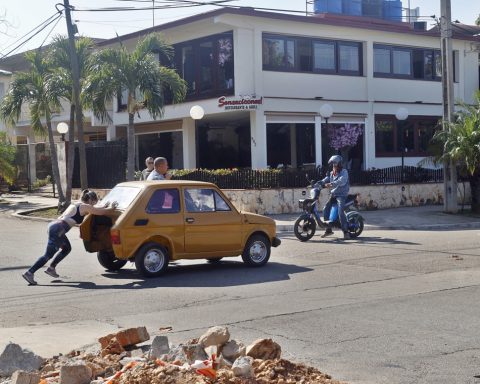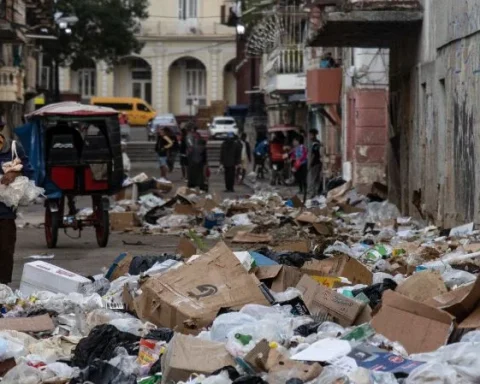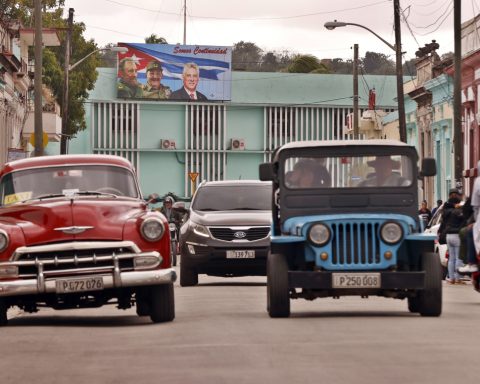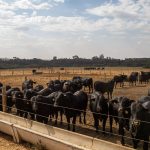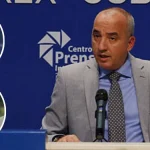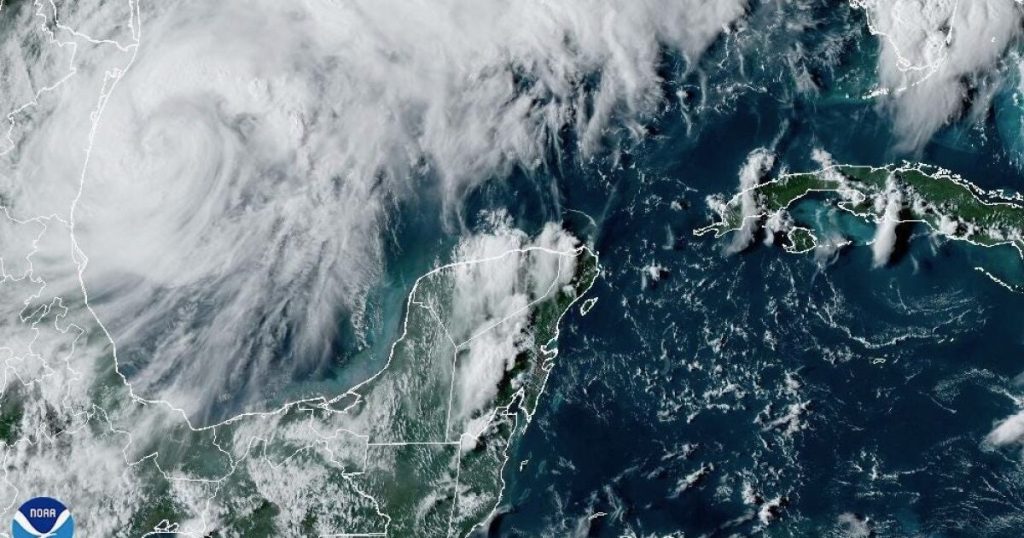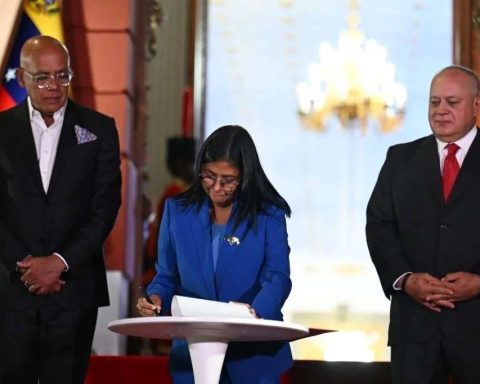HAVANA, Cuba.- The measures that the bosses of the Castro continuity are taking to limit the activities of the owners of SMEs and other private entrepreneurs recall Stalin’s offensive against the kulaks (well-off peasants) and the nepmans (speculators) beginning in 1928, when he put an end to the New Economic Policy (NEP, the Russian acronym for Novaya Economicheskaya Politika).
The NEP had been decreed by Vladimir Ilyich Lenin On March 21, 1921, at the Tenth Congress of the Soviet Communist Party.
Given the disastrous social and economic situation in which he was Russia After more than four years of civil war, Lenin, with the NEP, opted to adopt a state capitalism to replace the war communism that had been in force since the triumph of the Bolshevik revolution in October 1917.
Under the NEP, peasants were allowed free production and trade, and thousands of private enterprises were created in all branches of the economy, including heavy industry. The Soviet state only retained control over banks, foreign trade and major industries.
There was soon an economic recovery. By 1928, Russian agricultural and industrial production had returned to pre-World War I levels. But despite its good results, the NEP was reversed in 1928, four years after Lenin’s death, by his successor, Stalin.
The new dictator denied that it was a break with Leninist policies, claiming that Lenin had told communists who opposed the NEP that it was “one step backward and then two steps forward.”
Stalin believed that the time had come to take these steps and put an end to the coexistence between the state and private sectors by replacing the NEP with five-year plans. Obsessed with obtaining capital for the accelerated industrialization of the country, Soviet UnionStalin returned to state monopoly and centralized control of absolutely all economic activity. And the disastrous results were not long in coming.
When Stalin forced the peasants to collectivize, 12 million people died of hunger between 1928 and 1937 (six million died in Ukraine alone between 1932 and 1933).
After Stalin’s death in 1953 and Khrushchev’s report to the 20th Congress of the Communist Party in 1956, the Stalinist budgetary system based on central planning was replaced by economic calculation, which granted autonomy to state enterprises, decided on production and investments, and took a percentage of the profits.
Fidel Castro, In economic policy, he spent his time swinging wildly between the Stalinist budgetary system and the economic calculations of the post-Stalinist era.
Just as Stalin reversed the NEP, Fidel Castro, when he had the support of the Venezuelan oil guaranteed by Hugo Chávez and with the profits derived from tourism and remittances, he reversed the timid market reforms that he had been forced to adopt during the Special Period.
The bosses of the Fidelista continuity, also giving lurches and condemning the Cubans to the misery perpetual, they stubbornly opt for state monopoly and centralized control of the economy.
Even though they claim to support the development of the private sector, they are actually strangling the “new non-state economic actors,” as they call them, with their absurd restrictions and limitations, high taxes and lack of a wholesale market.
They insist on granting the largest and best tracts of land to inefficient state companies, even if they are filled with yerba and marabú; and they force the peasants and cooperative members to sell, at very low prices, the majority of their production to the state collection centers, no matter if the products spoil in the warehouses due to lack of transport, fuel, containers or simply disorganization. And to top it all off, they impose price caps on the little that they leave for the peasants to sell to private individuals, making their crops unaffordable.
The agricultural crisis The Cuban crisis, increasingly aggravated by the short-sighted policies of its leaders, combined with the excessive inflation caused by the failure of economic reorganization, has Cubans on the brink of famine.
And the bosses, as if it had nothing to do with them. They keep blaming to the “blockade”, showing themselves triumphalist and talking about over-fulfillments that only exist on NTV and the newspaper Granma.
When they say they are going to solve a problem, what they actually do is make it worse. This is happening now, with price caps, forced sales and the closure of SMEs: what they have achieved is that there are fewer products and people have to resort to the black market to get them.
It would be advisable that, at least to alleviate the hardships of their compatriots a little, since they do not decide to give up power and leave, the continuing bosses, instead of dreaming up “political-ideological strategies” and other nonsense, take into account the experiences of the NEP in Russia and the disaster that Stalin caused when he reversed it.
It is not possible that the leaders of continuity, despite what their communist teachers at the Ñico López School taught them, are more dogmatic about Marxism-Leninism than Comrade Vladimir Ilich himself was.


